Perhaps nobody has changed the course of history as much as historians.
F RANKLIN P. J ONES
This book is a revised and updated fourth edition of the now classic textbook Western Civilization to 1500 originally written by Dr. Walther Kirchner (19052004), the H. Rodney Sharp Professor of History emeritus at the University of Delaware. Along with its companion volume Western Civilization from 1500 , Kirchners work has been for many years among the most important supplemental works for all College and University courses on the history of Western civilization. Since this textbook first appeared in 1958 it has gone through several more editions (1966, 1975 and 1991). Kirchner himself was an expert in the history of Russia, and his other important textbook, A History of Russia , remains essential reading in the field, having been published in six separate editions. Kirchner was also a master of many fields of study, researching and publishing on a large number of topics related to the history of Russia (see Kirchner, The Rise of the Baltic Question , Newark: University of Delaware Press, 1954); Russian and American relations (see Kirchner, Studies in Russian-American Commerce, 18201860 , Leiden: Brill 1975); and Russian and European relations (see Kirchner, Commercial Relations Between Russia and Europe, 14001800 , Bloomington: Indiana University Press, 1966).
After Professor Kirchners death on June 30, 2004, I was approached to update and revise this textbook for a fourth edition. For this present fourth edition of Western Civilization to 1500 , I have made many stylistic and content changes affecting most chapters. Due to Kirchners own research interests, his editions of the text had a primarily political and economic focus. I have added in most chapters more coverage of the social and cultural actors, events, and developments, focusing on our currently expanding understanding of religious, social, and gender relations in Western Civilization. Furthermore, new research and historiographical arguments have been incorporated into each chapter, especially in the sources cited and suggested reading sections. Since general studies, monographs, and large numbers of scholarly journal articles continue to shape our understanding of the history of Western civilization to 1500 , I have expanded the bibliographic references found at the end of each chapter to accommodate the most recent general studies and monographs dealing with the history of Western civilization. In most instances, I have left intact Professor Kirchners suggested readings, but I have augmented them with current scholarship on the various topics covered in the text. The format of this fourth edition has also changed. The reader will also note that now each chapter includes a brief introduction, a general overview, the text, suggested readings and resources, and a final set of test yourself questions along with a detailed answer section.
I also wish to acknowledge here my own personal debt and gratitude to a number of important friends, colleagues and family members who have helped provide me with the encouragement and support that I needed in order to complete this current project. I wish to thank first of all my colleagues and my students at Missouri State University for their patience and their support. I want to offer thanks especially to Dr. Ahmed H. Ibrahim, the master, for his encouragement and assistance in deciding to undertake this project; and to Dr. David Gutzke for his own passion for scholarship and publication. I consider both of them close friends. I also want to thank my loving wife Argelia Segovia Liga, who understands the historians need for so many sleepless nights and I offer her thanks for her help, her patience, and her work with this manuscript. I also want to thank the editors and copy editors of this text, as well as my mother Patricia Chuchiak, for all of their editorial work in proofreading the manuscript in its final stages. Finally, I also want to thank Fred Grayson of the American Booksworks Corporation, first of all for inviting me to undertake this project, but most importantly for his patience and understanding in working with historians who often have more than a few irons in the fire.
I hope that students and interested readers of history alike will find this fourth edition of Western Civilization to 1500 as helpful as earlier editions.
John F. Chuchiak IV, Ph.D.
Springfield, Missouri
April 2006
 THE STUDY OF HISTORY
THE STUDY OF HISTORY
The study of history has not always meant to people what it means to them today. Perhaps at all times, curiosity has induced them to desire to perpetuate great events and noble deeds and has impelled them to write down what they witnessed. But it is only our own age, influenced by present-day attitudes, that has looked to history as a science that can reveal and explain trends underlying human life and human affairs. Whether or not history can be regarded as a science, it may well be that future generations will deprecate our efforts. Yet in the age in which we live, history serves as more than a remembrance of times gone by and of past efforts of humankind; it serves as a guide for our actions, which shape the future .
Studying History
What is History? What is it that historians do when they study or write history? Historians have spent centuries trying to answer these two central questions concerning the study of history. Since the age of the Ancient Greek historians, historians of Western Civilization have struggled to define history or to discuss the nature of historical thinking. The answers that historians have come up with to these questions themselves are diverse. For the purposes of this textbook, and in an attempt to offer current students some help in understanding the study of history, two major definitions of history are necessary. For our purposes, history will have two interrelated definitions or meanings: History is at its most basic definition the past . Regardless of whether someone has written about it or not, history always happens! But, history as an academic subject, has at the core of its definition the process of studying and writing about the past in a systematic and organized way. History, in the broadest sense then, results from a interrelated encounter between the past (events, actions, etc.) and the men and women who choose to study and write about the past. Written histories produced by historians, however different in choice of subject and approach, share many similarities. All written history is based on a critical analysis of evidence, including both secondary as well as primary sources. The evidence most traditionally used by historians of Western Civilization are written records, but other valuable sources also exist to aid the historian in his task of re-constructing history. For example, artistic, and visual evidence, or archeological remains, even the biological impact of diseases and other climatic events can be gathered from an examination of human bones and other remains. Modern historians in dealing with all of the available evidence, need to use a critical approach to understand biases in their sources. Historians also construct and interpret facts and sources by placing them into patterns or other relationships determined by the judgment of the historian. The collection of facts and their interpretation are thus woven together in the study of history.
Why Study History?
Most students would ask the question why study history? Why should we, to be more specific, understand something about the history of Classical Greece or Ancient Rome, or the history of Europe during the Middle Ages? The answer is that what the people of these early times thought and did in many ways still influences our own modern Western world. Also, from the study of the past, we can learn something about the shared history of humanity. Historians ask questions that have significance for our own modern world, such as: How and why did civilizations develop? How did different political systems evolve? How did people invent agricultures that could sustain complex civilizations? How did a societys religious beliefs influence daily life? Historians ask these basic human questions and through their study of the remains of past historical societies they seek the answers that may help our own modern culture remedy some of its on-going current problems. Thus, historians attempt to ask and answer questions that are applicable not only to a specific ancient society that they study, but rather, questions and answers that can apply to all of humanity at any given place or at any given time.

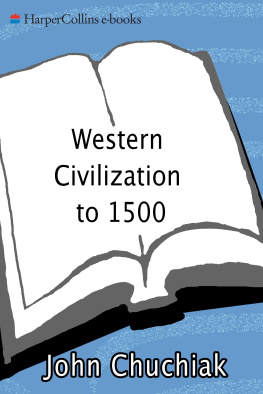
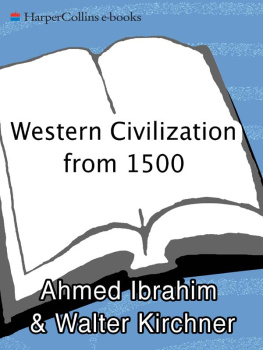
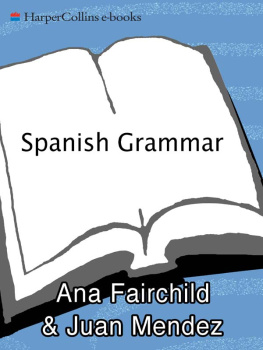


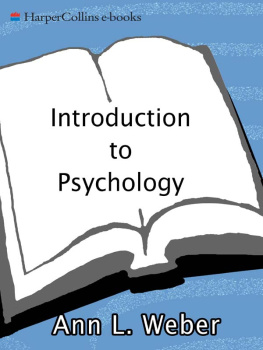
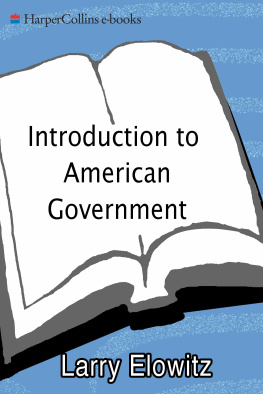
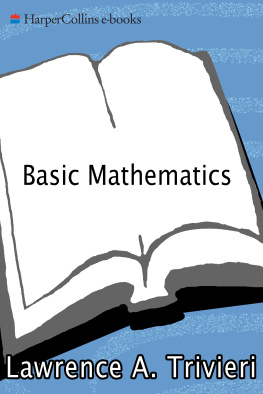
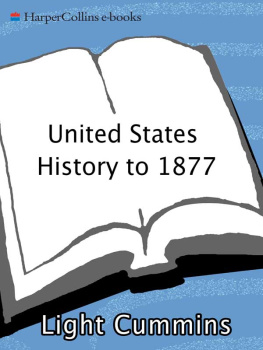
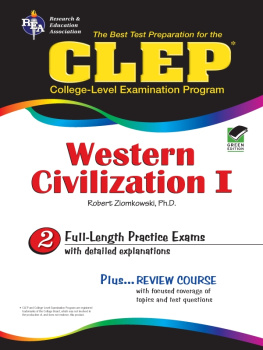
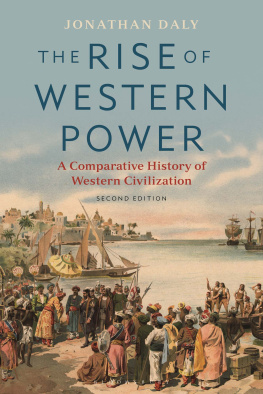
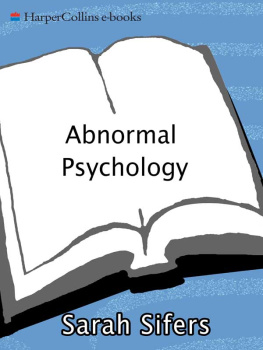
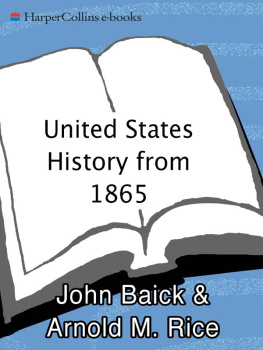

 THE STUDY OF HISTORY
THE STUDY OF HISTORY